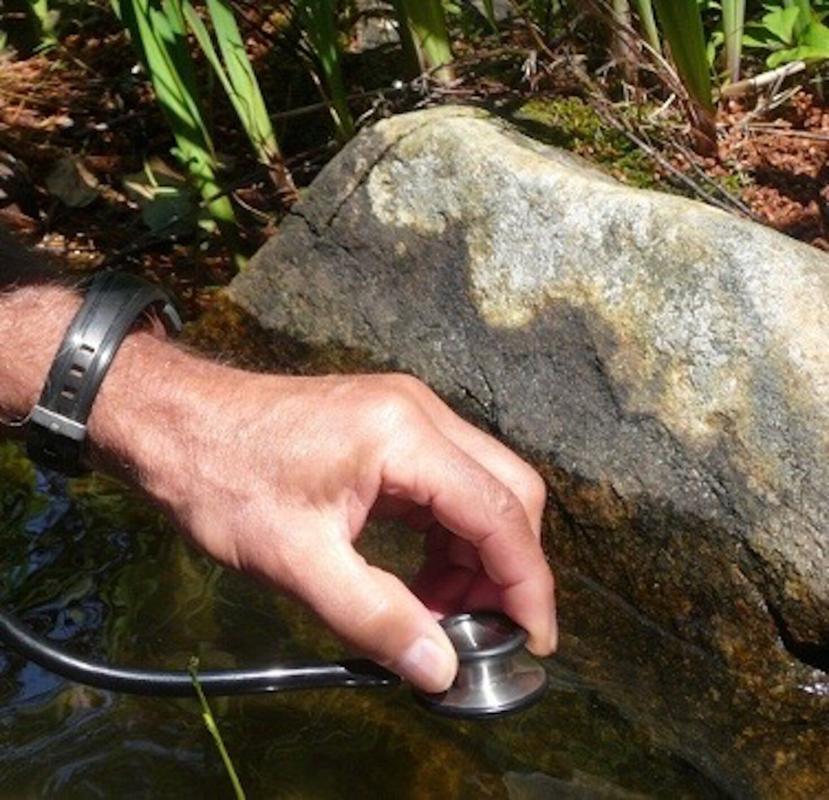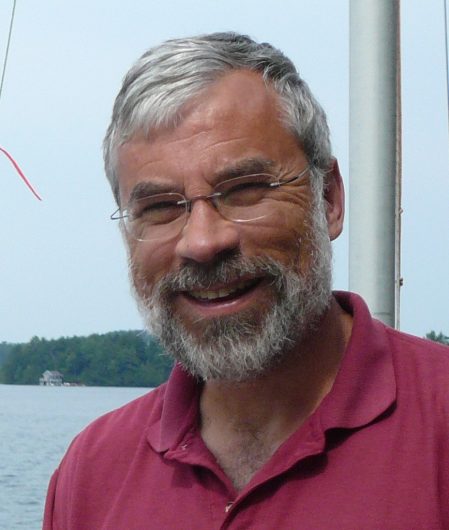Our Changing Watershed: Think of your body as an ecosystem
We need to listen to what ecologists are telling us.
By Geoff Ross.

Last week, we provided an ecologist’s viewpoint of an ecosystem. You may have found that description complex, and you’re not alone. Ecosystems are complex, and though we are immersed as parts of one, we see ourselves as different and separate from them. I find it helpful to think of our body as an ecosystem; all the same complexities, principles and rules apply, but with no doubt about being part of it.
Our bodies are incredibly complex assemblies of hundreds of systems, all interconnected and all essential to survival. Our cardiovascular, nervous and respiratory systems are familiar to us as obvious and essential parts of daily existence. But countless other systems, working away unnoticed in the background, are also essential to survival. Loss of any one of these has serious health implications. They keep all body functions operating within the narrow range essential for life; never too little, never too much, even when we stress them with exercise or inactivity, lack of water or heat and cold. When considering an ecosystem, we call this stability.
These bodily systems are indeed complex. For example, the chain of reactions that control blood clotting would leave most folks wondering how and why nature produced such a thing. There is a fine line between too much clotting, potentially causing blockages in the lungs, and too little clotting, resulting in a fatal loss of blood. Everything has to be right — and that gets complex. And, in addition, every system is impacted by every other one. For example, multiple mechanisms to control blood pressure are tied to the functions of the kidney and adrenal glands, each of which has their own role and compensating mechanisms. In short, everything is connected to everything. That is complex, but that complexity keeps us alive.
We may be able to survive loss of parts of bodily systems. We can lose fingers, toes, limbs, substantial quantities of blood, one eye or even one kidney or one lung. Though some loss of function may result, we survive because our body has spare capacity, and systems to repair and compensate for damage. When considering an ecosystem, we call this resilience.
But our life depends (with very few exceptions) on every one of our bodily systems not being pushed beyond its capacity for stability and resilience.
It’s the same with an ecosystem — all parts are connected, and they all must function if the ecosystem is to survive. Yes, we can remove a few turtles, swamps and pieces of shoreline. But if we remove too much, push the system beyond its limits, it will die.
To protect your health, you likely rely on doctors who have years of training and experience that you will never have. They understand the complexities of the body, and you trust them. Consider ecologists likewise. They understand ecosystem complexity in ways we never will. Listen to what they are telling us. Our lives, and our watershed, depend on it.
So, the next time you consider changing something in the Muskoka ecosystem, ask yourself which parts of your own body you would be willing to compromise or do without. And remember that you are part of that ecosystem.

This article is one of Muskoka Watershed Council’s summer 2023 series on “Our Changing Watershed” in The Muskokan newspaper. This week’s article was contributed by Geoff Ross, a retired professional engineer and past chair of the Muskoka Watershed Council. He holds a master’s degree in human physiology and endocrinology. Series editor is Neil Hutchinson, a retired aquatic scientist, Bracebridge resident and director, Muskoka Watershed Council.
